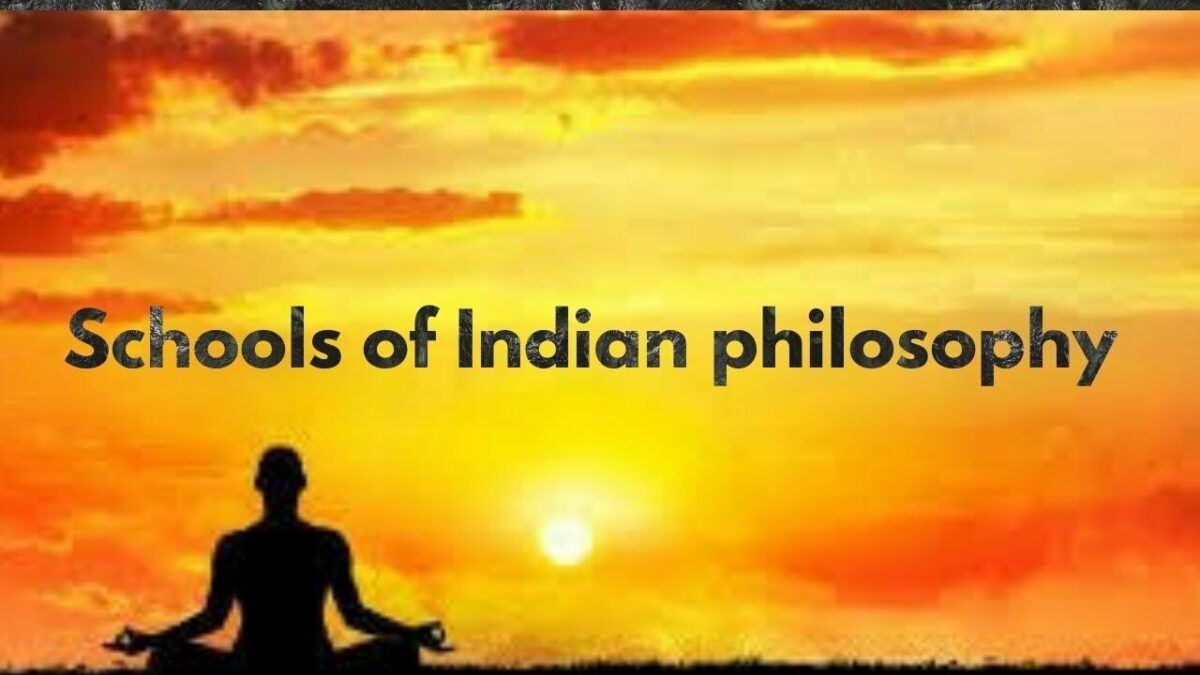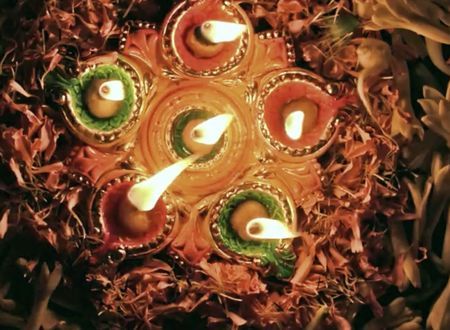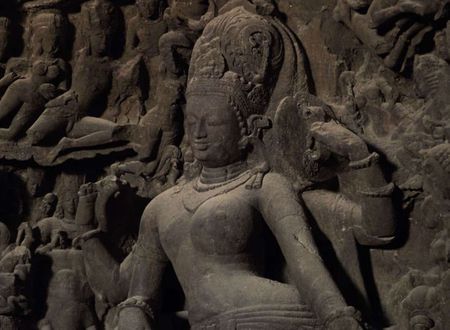Mīmāṁsā is a Sanskrit word that means “critical investigation” and thus refers to a tradition of contemplation which reflected on the meanings of early portions of Vedas namely Brahmanas and Samhitas. It is also named “Purva Mimamsa”, “Dharma Mimamsa”, and “ Karma Mimamsa”.
Jamini is said to be the founder of Mimamsa philosophy. The text written by him is Mimamsa Sutras which was further explained by Shavar Swami.
The other two major scholars were Prabhakar Misra and Kumarila Bhatt, these two scholars were the guru-disciple duo that later disagreed with each other and led to two different sub-schools of Mimamsa Philosophy. The school led by Prabhakar Misra was an atheistic school and do not believe in the concept of Ishvara. However, the school led by Kumarila-Bhatt believed in the concept of Ishvara.
The main objective of the Purva Mimamsa school was to establish dharma as prescribed by the Vedas and to establish the authority of Vedas as Supreme. Consequently, this school’s most valuable contribution to Hinduism was its formulation of the rules of Vedic interpretation. Its adherents propounded unquestionable faith in the Vedas and regular performance of the yajñas, or fire-sacrifices. They believed in the power of the mantras and yajñas to sustain all the activity of the universe. In keeping with this belief, they placed great emphasis on dharma, which consisted of the performance of Vedic rituals.
Unlike Nyaya and Vaisheshika that emphasize contemplation on the padarthas to develop detachment, Mimamsa says that doing our daily actions ( karma ) with a selfless attitude is the way to develop detachment. Mimamsa says that our past karmas are the cause of suffering, and Karma is also the way to get rid of suffering when performed skillfully. By the performance of Nitya karma( daily rituals) and Naimittika karma ( intended rituals), it will bring the purity of mind ( Citta Suddhi) which will help the mind to do selfless action skillfully without attachment.
The nine padarthas that Mimamsa deals with are Prithvi (earth), apas( water), Tejas( light), Vayu( air), akasha (ether), kaala( time), dik( location), aatma (soul), manas( mind). These are eternal padarthas and are the Vedic deities extolled in Vedas.
The concept of Dharma:
Dharma, according to the Mimamsa school of thought is a duty for the sake of duty. The Vedas enjoin one to engage in prescribed duties, such as sacrifices which are offerings to the deities and refrain from prohibited actions. As long as a sacrifice is performed as an essential duty, there is no Karmic consequence. However, when sacrifices are undertaken for realizing specific material or spiritual benefits, one is held accountable to Karma.
The concept of Valid Knowledge:
Mimamsa defines valid knowledge as that which gives knowledge about an unknown object. Further, it should not be contradicted by other means of knowledge. There are six valid means of knowledge ( pramanas) as per the Mimamsa school of thought. They are direct perception (pratyaksa), inference (anumāna), comparison or analogy (upamāna), verbal knowledge or testimony (sabda), Arthapatti(derivation from circumstances), and anupalabdhi(Non-cognition).
Features of Mimamsa Philosophy :
- They are realists. Unlike Vedantins, they believe in the reality of the external world. They also believe that all the materials that make up the physical world are eternally existing.
- The soul is eternal and all-pervading. It can neither be perceived by senses nor described or understood by logic or reasoning and can only be realized.
- The concept of Karma according to Mimamsa, is enough to impel the eternal materials in the process of creation. They do not feel a need to accept Ishvara as the agent of creation.
- Vedas are the highest authority. They are not of human or divine origin (Apaurusheya). The actual power of mantras is the power of Ishvara. Mantra Sadhana and Yajna are the main spiritual practices performed in this school.
- Mimamsa, like the Yoga school of philosophy, is silent about how the world was created and its process.
- Mimamsa does not emphasize renunciation and is applicable to householders.









Comments & Discussion
8 COMMENTS
Please login to read members' comments and participate in the discussion.